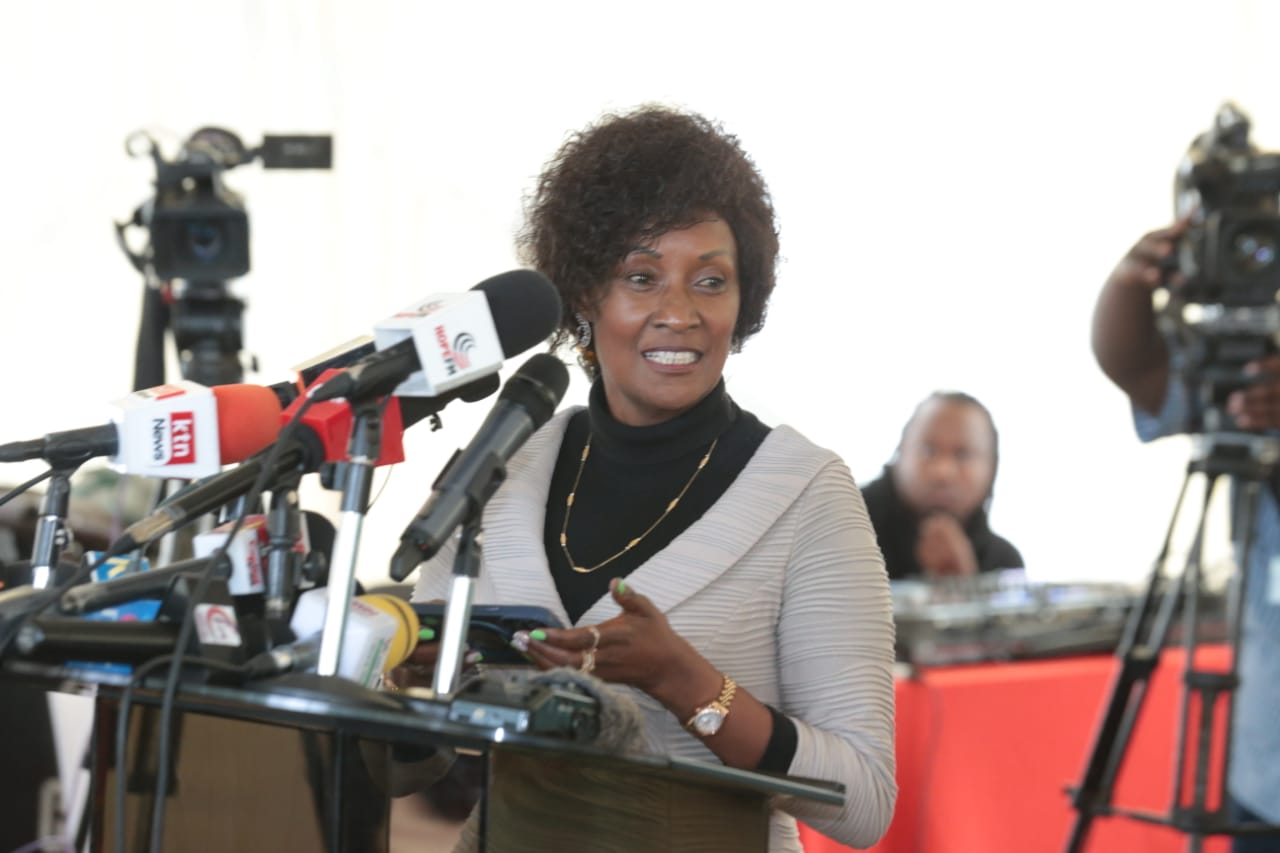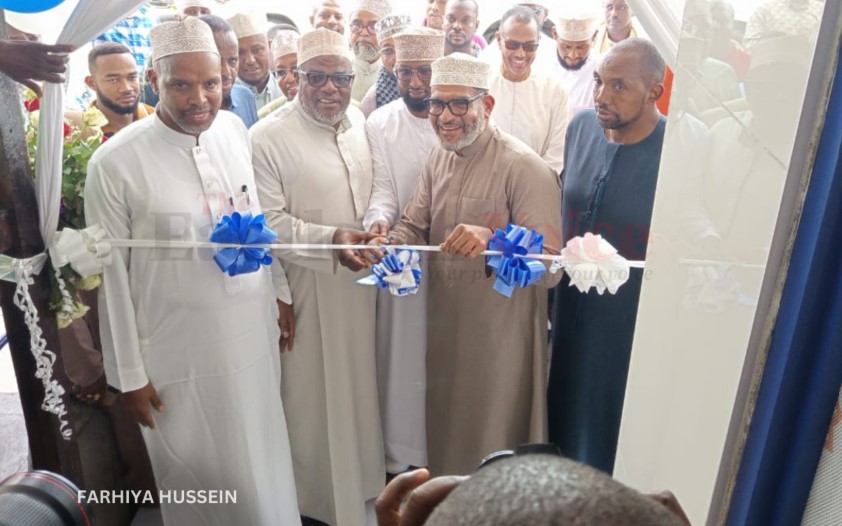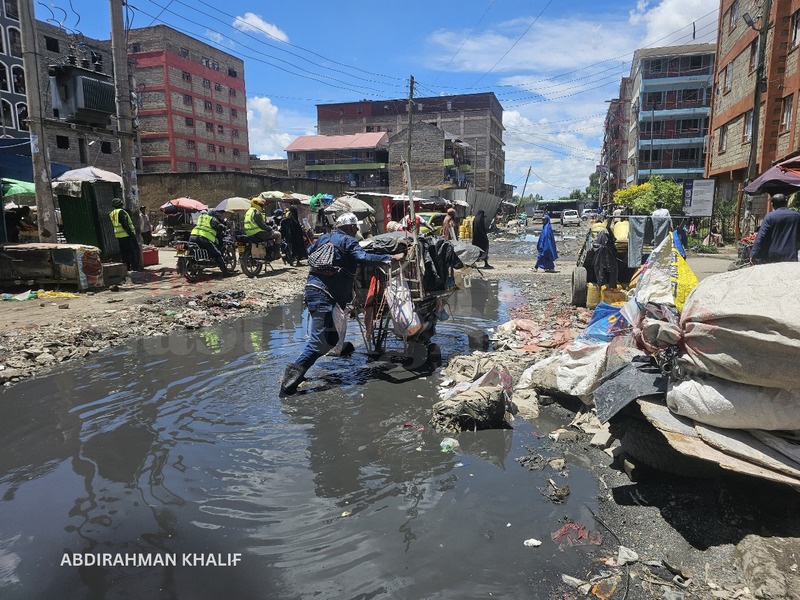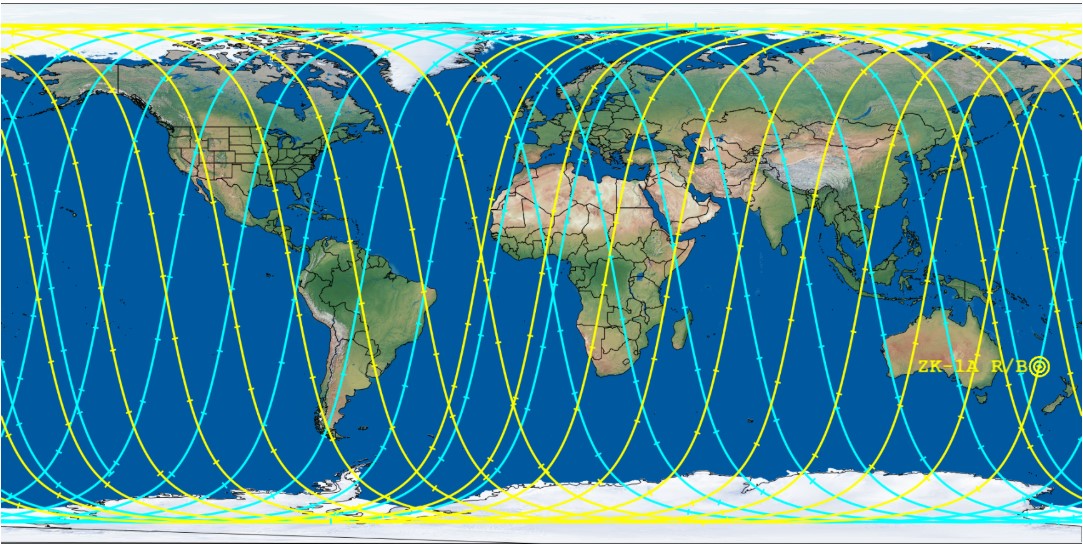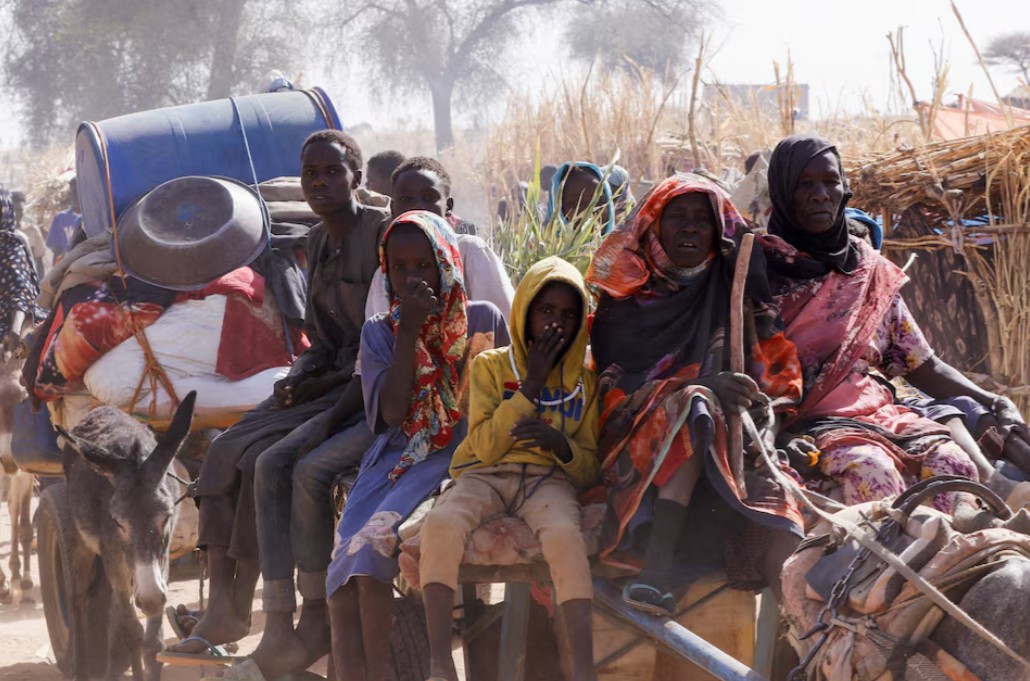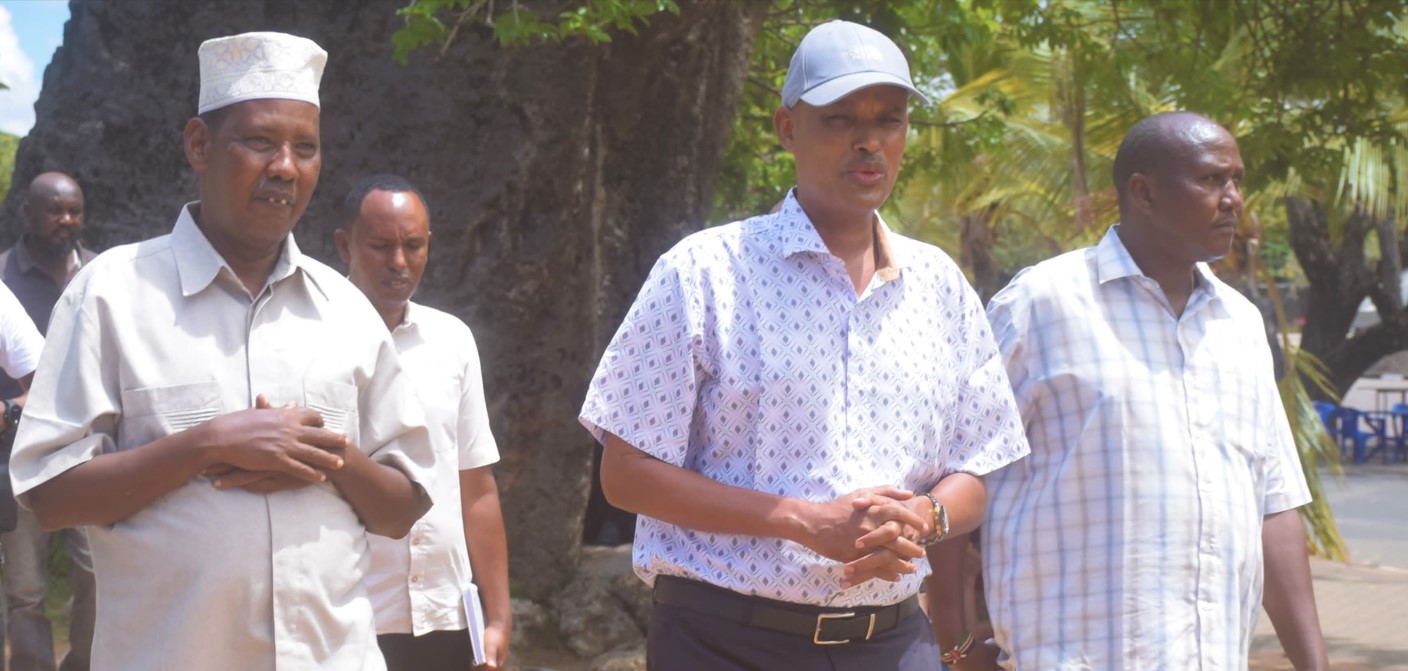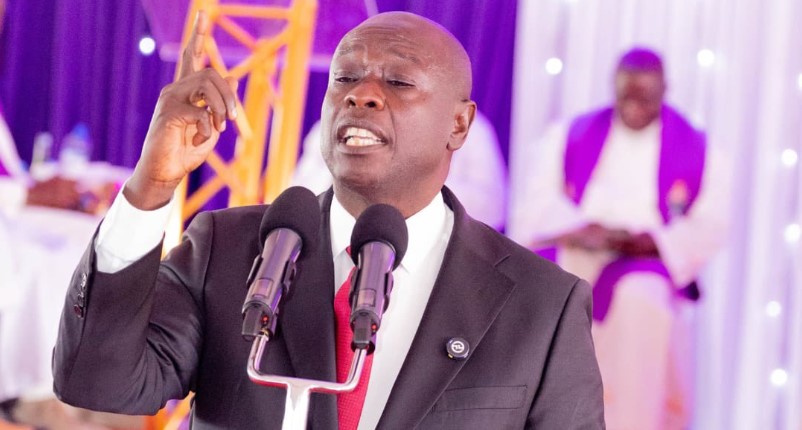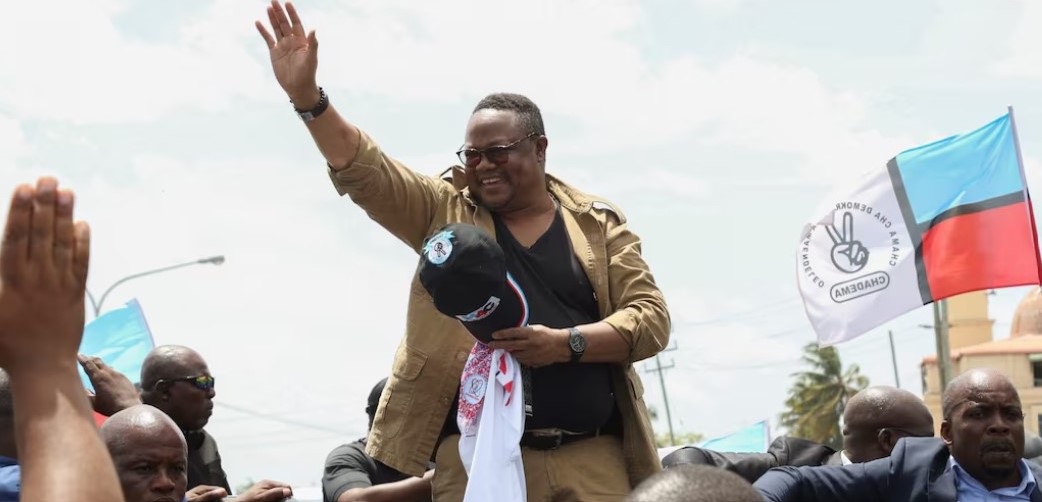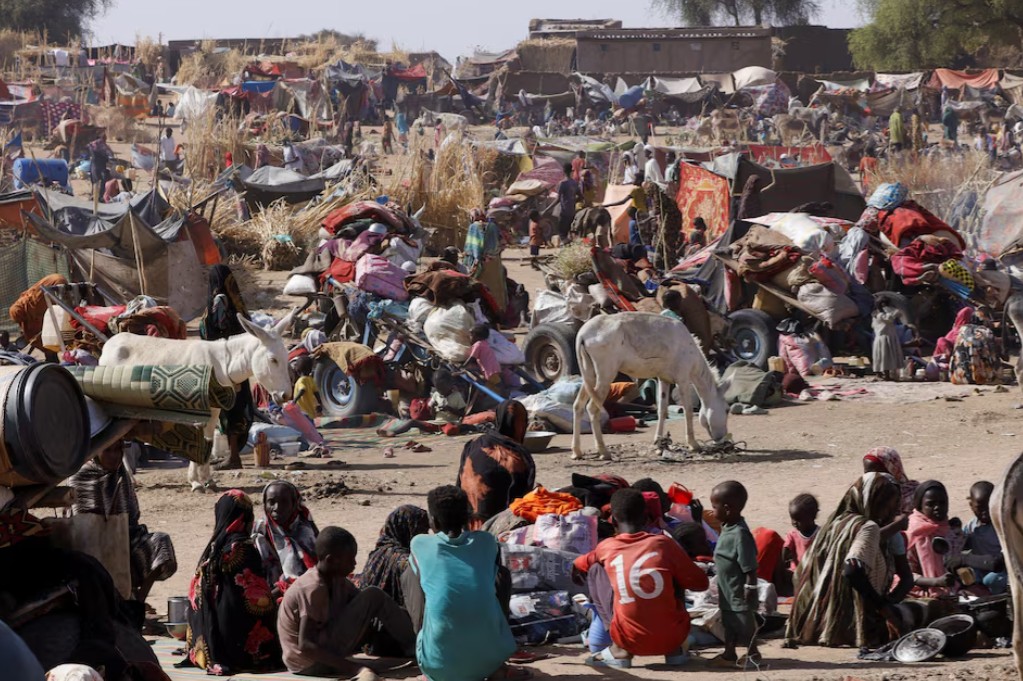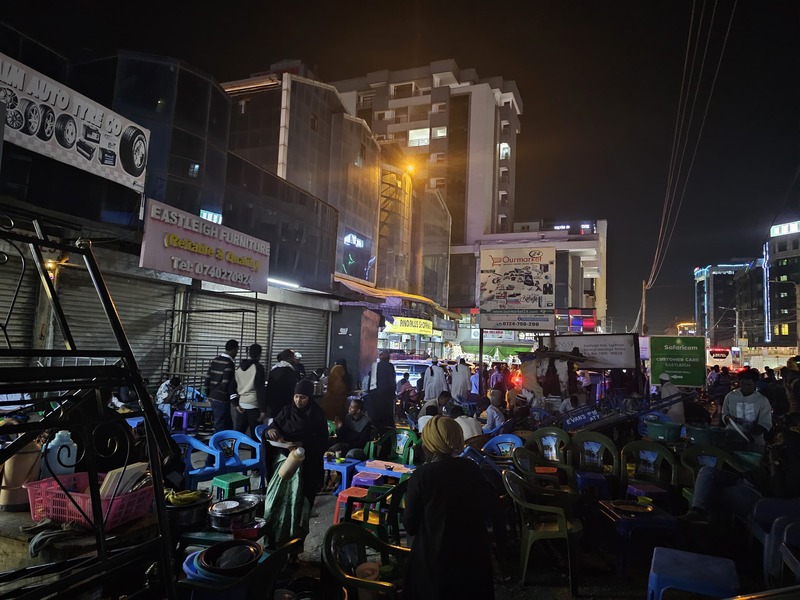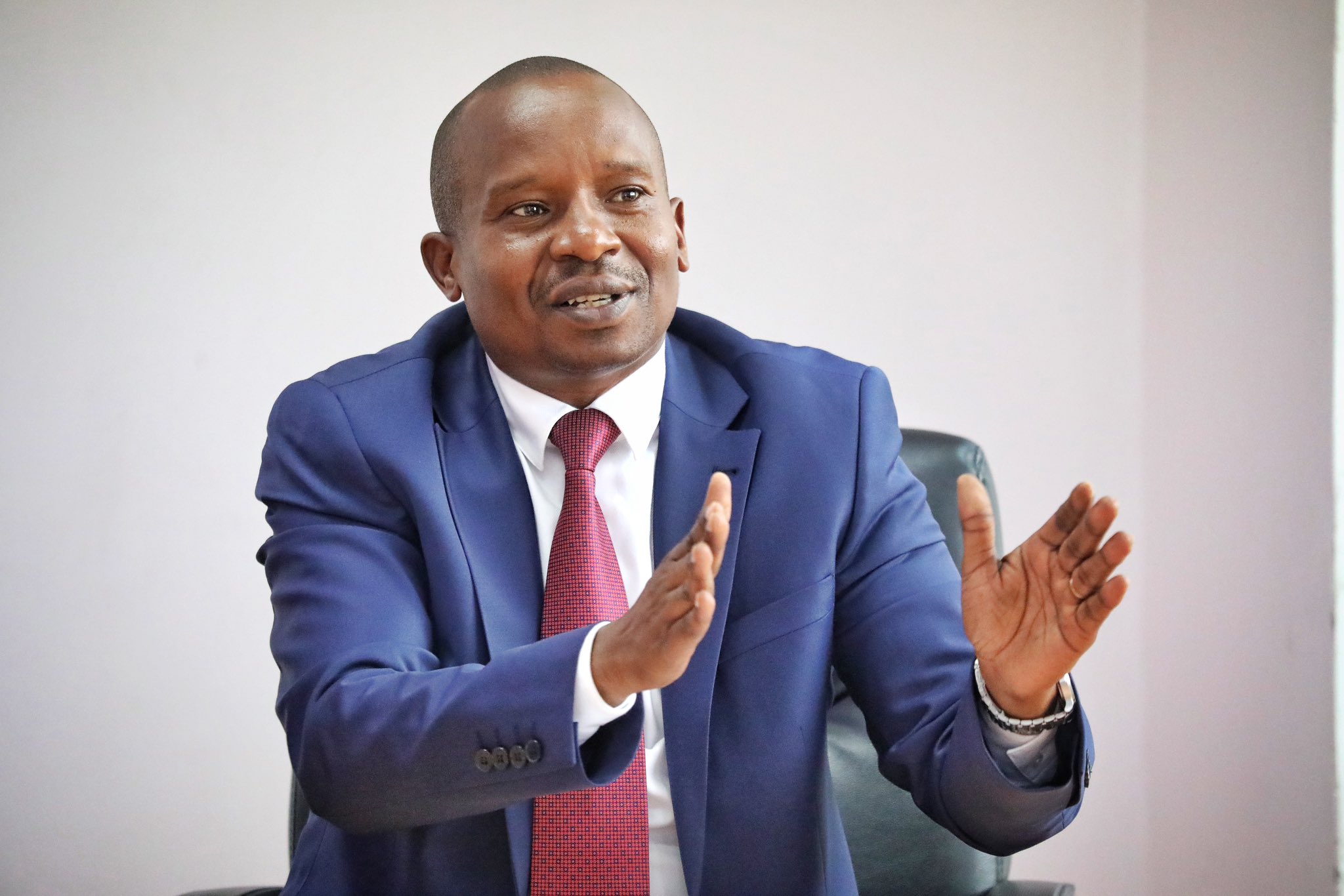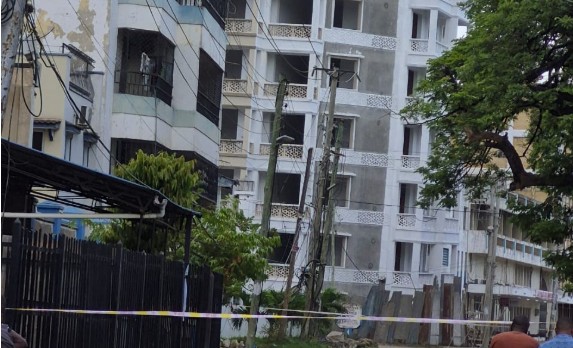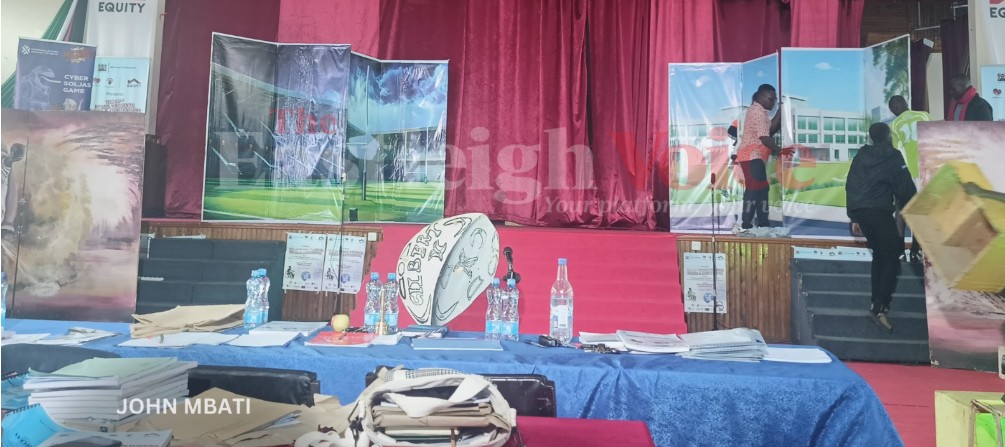How African countries are defying AU ban on coup leaders running for office
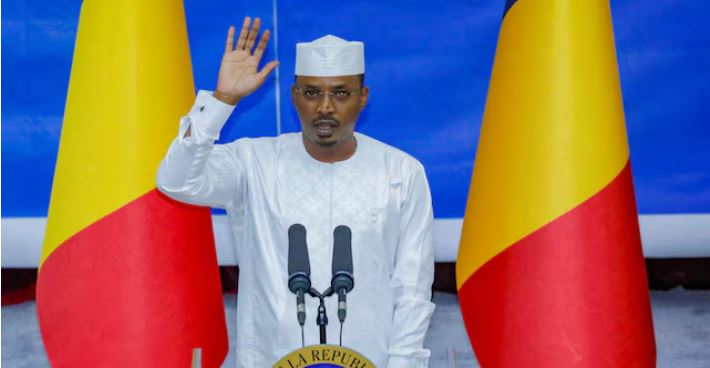
Following the August 30, 2023 coup, the PSC, during its 1172nd session, suspended Gabon from all AU activities until constitutional order is restored.
More countries in Africa are increasingly testing a rule by the African Union Peace and Security Council (AUPSC) that prohibits individuals who perpetrate unconstitutional changes of government from participating in elections aimed at restoring democratic order or from holding positions of political responsibility.
The rule contained in the African Charter on Democracy, Elections and Governance (ACDEG) has been violated in recent years in several West African states, including Chad, where military coup leaders declared candidacy for the presidential elections and later won.
More To Read
Chad's interim leader, Mahamat Idriss Deby Itno, declared his candidacy to run for the presidential election slated for May 6, 2024 and was sworn in a month later. At the time, the AUPSC failed to enforce the rule on non-eligibility concerning Chad, setting a precedent that juntas in other suspended AU member states may follow.
"This prediction is now imminent to materialise in Gabon. On 12 April, as Gabonese voters make their way to the ballot booth for casting their votes to elect their president, marking the end of 18-month political transition following the August 2023 military coup that deposed President Ali Bongo, General Brice Oligui Nguema, the interim president and leader of the coup, will be on the ballot," Amani Africa, a Pan-African think tank notes.
Gabon suspended
Following the August 30, 2023 coup, the PSC, during its 1172nd session, suspended Gabon from all AU activities until constitutional order is restored.
The council then called for the swift restoration of civilian authority, including through free, fair, credible and transparent elections under AU observation.
"While Nguema's bid for the presidency was widely anticipated, the PSC did not indicate that the candidacy of members of the transitional government in Gabon would be contrary to established AU norms.
At least when it came to Chad, the PSC made that clear, despite not being able to enforce it. The fact that the PSC did not make this clear during its visit to Gabon drew criticism for 'going easy' on the transitional authorities."
"During the field mission, civil society representatives raised concerns that the upcoming election would entrench Nguema's rule and derail the prospect of a genuine democratic transition. Yet, the mission report contains no indication that the PSC used the visit to press Gabon's military leaders to uphold AU principles, including the prohibition against coup leaders contesting elections, nor was there any such indication in the communique the PSC adopted on its field mission to Gabon," the think tank notes.
The AU refrained from issuing the customary congratulatory statement and later clarified that doing so would have violated PSC decisions. The PSC itself moved past Chad's disregard of its decision and established the AU norm.
'Successfully' held elections
However, the PSC later listed Chad among countries that had 'successfully' held elections in the first half of 2024 and in a communiqué adopted at its 1224th session, it congratulated Chad, effectively disregarding its standing decision and the clear terms of Article 25(4) of ACDEG.
The PSC went further by inviting Chad to address that session, which considered the AU Commission's half-year report on elections in Africa.
"The immediate question that these developments raise for the AU and the PSC is whether the holding of the election in which Nguma becomes victorious would mark the restoration of constitutional order that would warrant the lifting of Gabon's suspension. Indeed, all indications are that AU member states are disposed not only to accept such an outcome but also to welcome the conclusion of the transitional process within the agreed timeline despite the fact that aspects of the process fly in the face of a clear provision in Article 25 (4) of ACDEG," adds Amani Africa.
The think tank raises questions on the regressive trend, which is seen as weakening the consensus of member states around the AU's anti-coup norm.
Other countries where the military has seized power unconstitutionally between 2020 to date and their coup leaders are serving as heads of state include Mali, Burkina Faso, Niger and Guinea.
Top Stories Today

